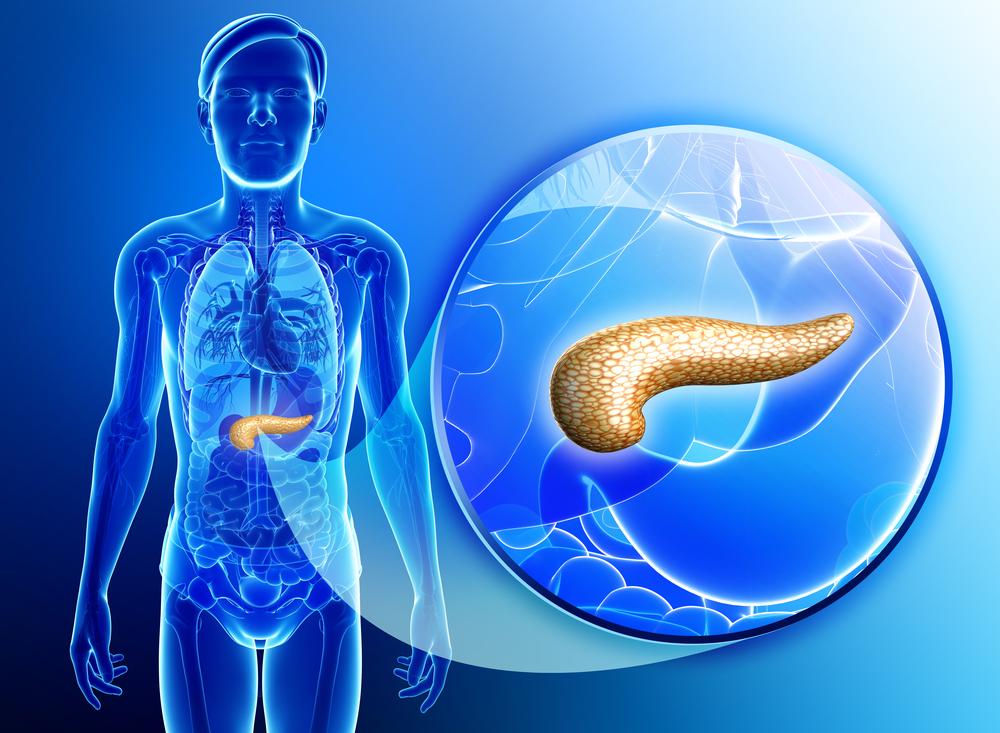#NACFC2016 – Kalydeco Improves Weight, Pulmonary Function in CF Patients with Pancreatic Insufficiency

In a recent presentation, researchers showed how Kalydeco (ivacaftor) is an effective therapy in cystic fibrosis (CF) patients with pancreatic insufficiency, improving the patients’ pulmonary function and weight, along with other clinical parameters.
The presentation, “Improvement in weight, pulmonary function and other outcomes with 3-month Ivacaftor treatment differed by exocrine pancreatic status in people with cystic fibrosis gating mutations,” was presented today at the 30th Annual North American Cystic Fibrosis Conference (NACFC) Oct. 27-29 in Orlando, Florida.
Kalydeco is a drug used to treat CF in patients with specific mutations in the cystic fibrosis transmembrane conductance regulator (CFTR) gene, the defective gene that causes the disease. They are called CFTR gating mutations which result in a CFTR protein with a defect in the ion channel. They are unable to open or close properly, compromising the CFTR protein function.
Treatment with Kalydeco was found to improve several parameters in CF patients, including weight, pulmonary function, and growth status. But it has been unclear how CF patients with pancreatic insufficiency respond to Kalydeco when compared to those without the condition.
Now a team of researchers investigated whether patients’ response to three months of Kalydeco treatment in people with CFTR gating mutations differed according to their pancreatic status. Researchers recruited patients age 5 and older with one or more CFTR gating mutations from different locations in the U.S., Canada, and Italy.
The team measured subjects’ height, weight, and body mass index (BMI). Their pancreatic status was determined by medical history. Fat free mass (FFM), fat mass (FM), and % body fat (%Fat) were determined by whole body dual x-ray absorptiometry (DXA).
Additional measured parameters included forced expiratory volume at one second percent predicted (FEV1%, a measure of lung function) by spirometry, the most common of the pulmonary function tests; total energy expenditure (TEE); and resting energy expenditure (REE). Gut inflammation was determined by measuring fecal calprotectin levels and fecal elastase levels for pancreatic status. Both parameters were measured from spot stool samples.
The study enrolled 23 participants, with 17 presenting pancreatic insufficiency and 6 controls with pancreatic sufficiency.
When compared to subjects with pancreatic insufficiency, those whose pancreas was fully functional (pancreatic sufficiency) showed significantly higher weight, BMI, FFM and FM, and lower REE at baseline.
Patients younger than 20 with pancreatic insufficiency showed suboptimal values for weight and BMI growth.
Treatment with Kalydeco significantly increased pulmonary function, weight (both FFM and FM), and BMI in pancreatic insufficiency CF patients. The treatment also resulted in a reduction of calprotectin, the marker for gut inflammation. These drug-induced alterations were less significant in patients with a functional pancreas. This was also noted in weight and BMI parameters, with both parameters improving in patients with pancreatic insufficiency, but with no changes detected for those with pancreatic sufficiency.
The results showed that Kalydeco improved weight, FFM, FM, and pulmonary function, and reduced REE and gut inflammation, especially in CF patients with pancreatic insufficiency. The study suggests that Kalydeco is likely a more effective therapy in this group of CF patients.
This study was supported by Vertex Pharmaceuticals, which manufactures Kalydeco, and the Nutrition Center at Children’s Hospital of Philadelphia.







